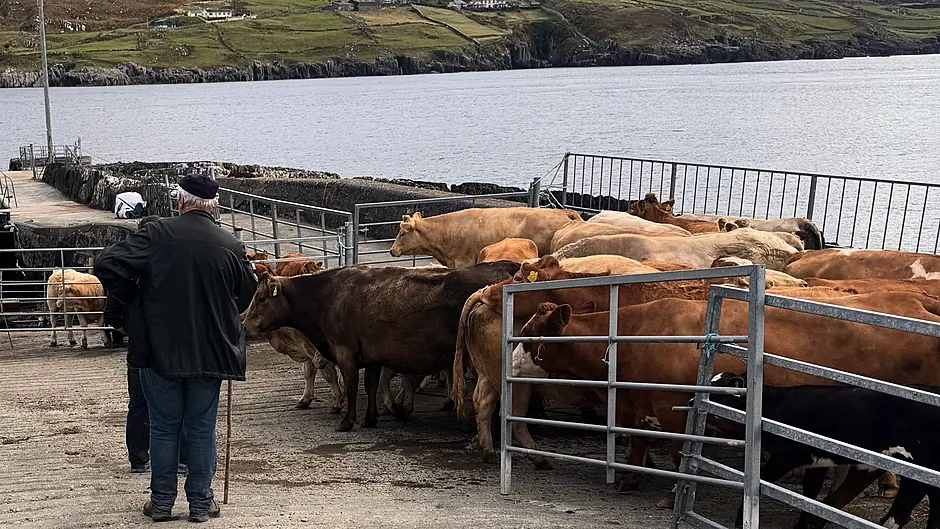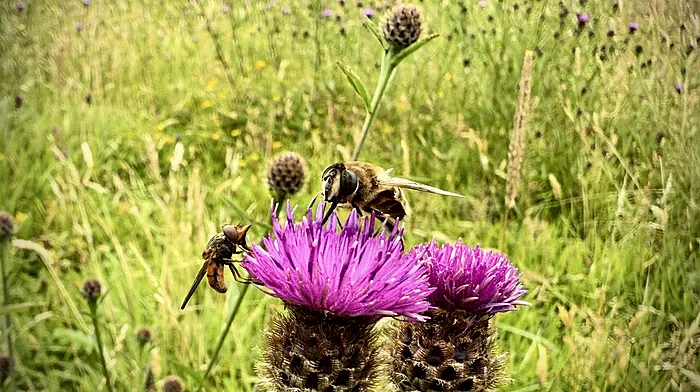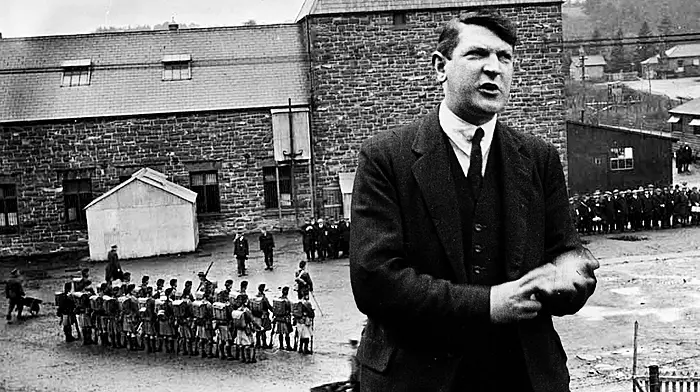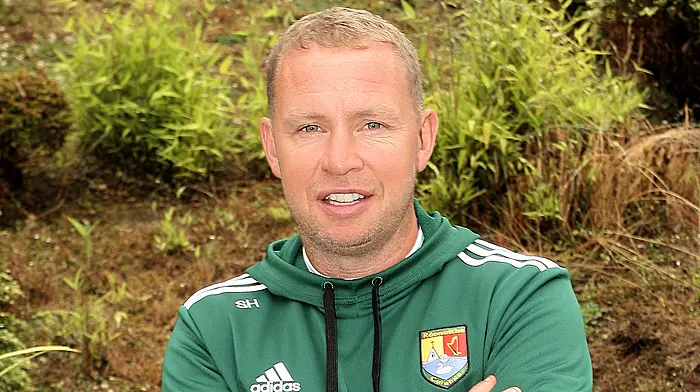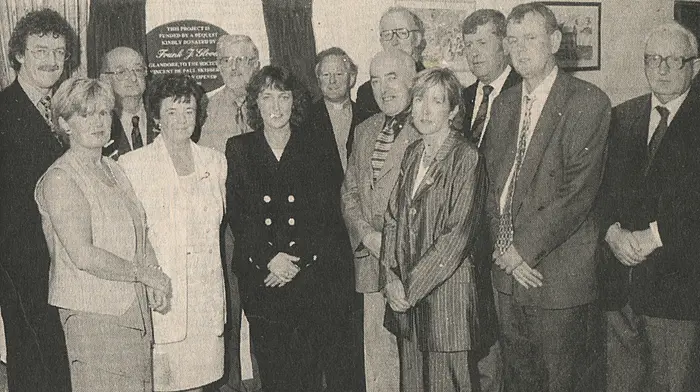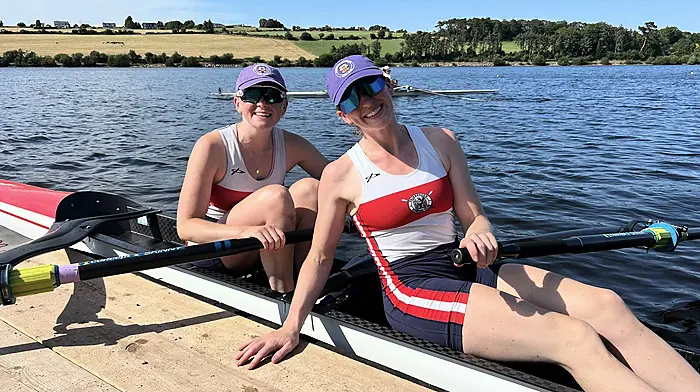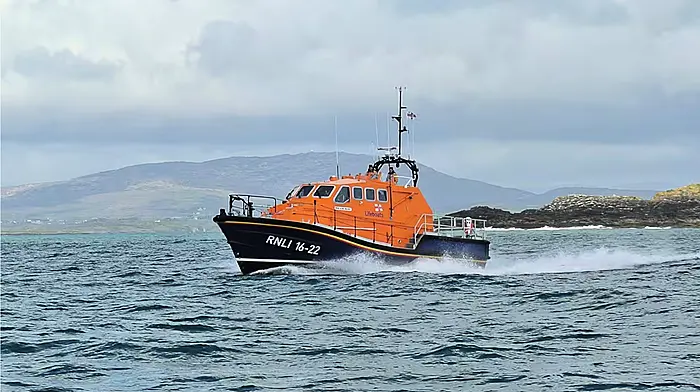A funding allocation of €5,850 to construct an animal pen on Dursey Island has been welcomed by islanders, but they continue to stress that more investment is needed to ensure the island and its community remain viable.
BY HELEN RIDDELL
The funding is part of a wider financial package of €828,000 for the offshore islands, which was announced recently by the Minister for Rural and Community Development, Dara Calleary TD.
Dursey has a fulltime population of four, which can increase to twenty during the summer months.
The island is one of the key points on the Wild Atlantic Way, and welcomes up to 20,000 tourists visitors annually.
Due to the treacherous sound separating it from the mainland, access is by Ireland’s only cable car which at one time was also used to transport livestock.
However, due to load restrictions this was stopped in 2011, and livestock are now transported by boat when weather and sea conditions allow.
Dursey resident and secretary of the Dursey Island Development Group, Christian Kostner, welcomed the funding but said more is needed improve island infrastructure.
‘When the animals are gathered at the slip way waiting for transportation to the mainland, if they’re not properly separated, chaos ensues.’
‘We’re happy to receive this funding but there’s a lot of other things that need doing on the island. Dursey is a wonderful place to live, I’m not a farmer myself, but as a representative for the island I work to support them.’
Bere Island Projects Group (BIPG) are tasked by the Department of Rural and Community Development with providing community support to Dursey Island and Whiddy Island as well as their own island community.
Michael MacCarthy, projector-coordinator with BIPG says they oversee cargo transport to the island and offer other support to the community.
‘As an islander myself, I can truly identify with the challenges and difficulties they encounter on a daily basis. The funding for a cattle pen on the island is greatly appreciated, and I would like to thank Minister Calleary for this support. However, there remain many other critical issues that affects Dursey.’
Martin Sheehan a third-generation farmer on Dursey and chair of the Dursey Development Group also welcomed the funding and echoes Christian’s sentiments that it is long overdue.
‘This work in constructing a new pen should have happened two years ago. We need more, but this is a starting point.’
Martin also says farming on Dursey is challenging. ‘We are farming here with one hand tied behind our backs. The island is so exposed to bad weather, you can’t plan ahead more than 48 hours to move animals on or off the island.
‘There might not be any wind but a heavy swell could develop on the shoreline which could change everything.’
Christian is adamant that for Dursey as a community to survive, more investment is needed.
‘We have one road running across the island, and it’s in a desperate condition. There are no public toilets on the island, and during the summer there are queues of up to seventy people waiting for the cable car to leave the island, queuing for up to two hours, with no toilets and no shelter.’
Nevertheless, Christian believes there is a future for Dursey Island.
‘There is a lot of positive energy on the island. It is moving forward, but a lot of it is under our own steam. Most of the islanders have links here for generations; they still farm and they fish. It’s a way of life for the tourists to see. It’s not the Blaskets, where you can see what island life was like in the past: this is a living island, but we need help and investment for that way of life to continue.’

